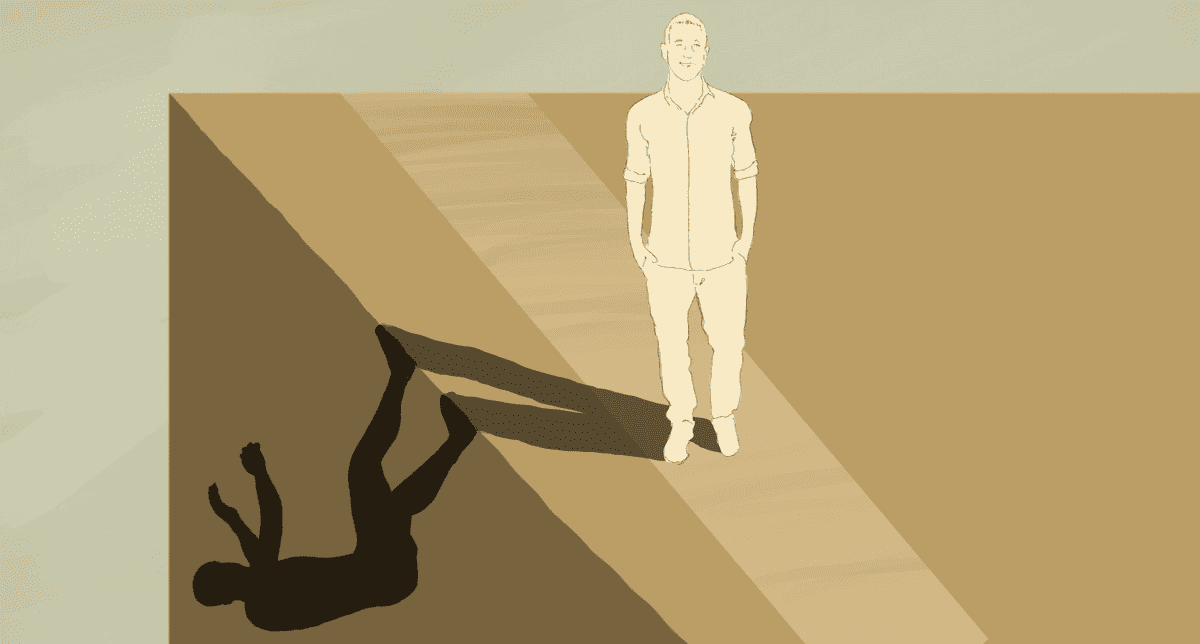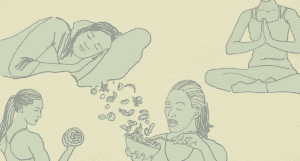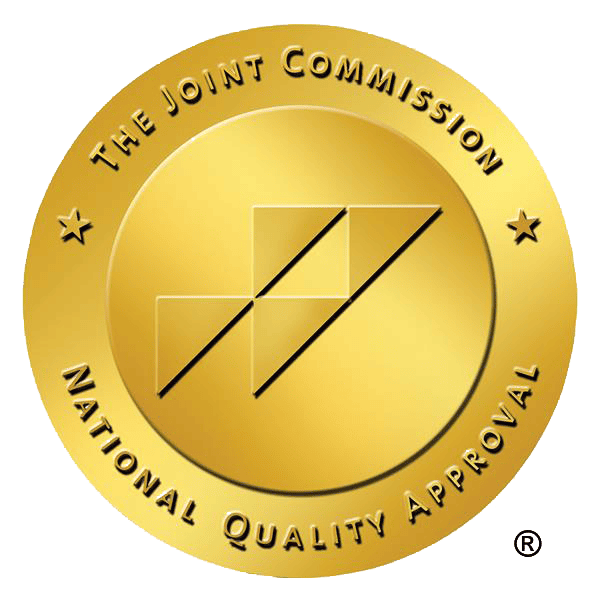Defining Relapse
In order to define relapse, we should start by explaining the different ideas about what constitutes sobriety. At the end of the day, sobriety means to be awake; to be present for one’s life, at least on some level. There are two primary strategies for sobriety, the gold standard of which is always an abstinence-based approach. If you never use drugs or alcohol, you’ll never have a consequence related to its use. In this sense, relapse would mean returning to any level of alcohol or substance use.
There is also the view of sobriety in terms of harm reduction—or gradualism, which looks at reducing harmful behaviors related to drug use rather than abstaining. In this sense, relapse would mean violating the terms of the boundaries or goal posts one has set for their behavior.
Traditional treatment models, and the majority of treatment providers, tend to look at relapse as any return to substance use, and that’s what we’ll be exploring today.
Relapse as Part of Recovery
There are those who say that relapse is a vital part of recovery, and unfortunately, for the vast majority of people seeking sobriety, relapse is part of that experience. In the United States, the average number of treatment episodes a person experiences before they achieve any long-term stage of recovery is nine. However, at The Prairie Recovery Center, we believe that relapse doesn’t always have to be part of the cycle of recovery, and for those who do struggle, we believe each recurrence can be a learning experience to gain insight for sustained wellness and sobriety.
There’s a saying that goes, “We don’t shoot our wounded.” When people are struggling, we want to pull them in closer; we want to appreciate that they are trying.
A Recurrence of Symptoms
In simple terms, “relapse” is a recurrence of symptoms, and there are many who advocate for the removal of the term due to the negative connotation—the stigma and shame it entails. With any other disease, we would not shame or ostracize someone for their symptoms returning. This is the worst thing we can do for someone experiencing a recurrence of substance use—causing them to feel shame and pushing them outside the recovery circle. There is a saying that goes, “We don’t shoot our wounded.” When people are struggling, we want to pull them in closer; we want to appreciate that they are trying.
Working Backwards from Relapse
When people experience relapse, we want to understand why; what was happening when these symptoms recurred? From a depth-psychology perspective, symptoms are there to teach us something. Instead of judging and simply working to remove them, we try to understand why they have revisited us.
A good practice is to complete a behavior chain analysis. We help patients work backwards from relapse, from the moment they picked up a drink or drug, and look at the events that took place in the weeks, months or even years prior. As we explore, clients may realize that three months ago, they stopped doing the things that allowed them to feel balanced and connected, like exercising or journaling. One month ago, perhaps they became disconnected from their support system when they stopped attending meetings. Then, a week ago, they may have experienced a series of stressful events at work with no support in place to talk it through. At that point, drinking might have started to seem like a viable option.
Relapse is a Process
Many describe the experience of relapse as if they were “struck drunk.” In fact, it’s actually a process that unfolds long before the act itself. One of our team members has been sober for over 22 years. He credits this to his life being structured in a way that doesn’t permit relapse. Sure, he could go out and drink at any point, but there are a lot of failsafes in place: His family, his relationship with his wife, his business partner who is also in recovery, the three support groups he is a member of, and much more. He would have to eliminate a lot of supportive resources before drinking even remotely felt like a possibility.
There is a well-known Ted Talk by writer and journalist Johann Hari called “Everything you think you know about addiction is wrong.” In it, Hari says, “The opposite of addiction is not sobriety; the opposite of addiction is connection.” If you want to understand where you are in response to acting out with addiction, take a look at the quality of the connections in your daily life. Are they strong? If they are lacking, take steps to strengthen those relationships, or consider whether you may need additional support from a mental health professional.
What to Do If You’ve Relapsed
If you do experience relapse, here are three steps to start getting back on track.
- First and foremost, reach out for help. Ask for support, ask for guidance, and plug back into what worked well for you before. You’ll likely find that you’ve walked away from the things that were working.
- Consider whether you need to re-engage in professional support or increase your level of care. Instead of looking at relapse as bad behavior, understand that it is simply a sign that you may need more support right now. Whether that is outpatient therapy, an intensive outpatient program, or even a return to residential treatment depends on many factors. Talk to a trusted professional or reach out to our care team to determine the best route forward.
- Finally, realize that there is no need to be ashamed of relapse. Shame only serves to disconnect you from your true self and keep you isolated. If you stay isolated, you’ll stay stuck in your addiction. Instead, what you need is a deep sense of love and belonging.
"Multiple relapses, or chronic relapse, not grounds for despair... Each experience can be an opportunity for learning more about yourself and your disease."
Relapse is Not Cause for Despair
Multiple relapses, or chronic relapse, is not grounds for despair. When we think about meditation, many believe that getting distracted means they are doing it wrong. In fact, this act of going away and bringing yourself back to your breath is, in itself, the practice of meditation. In the same way, understand that going away and coming back to sobriety can be part of the practice of recovery. Each time is an opportunity to learn more about yourself and your disease; each time, you work towards better focus and concentration. While we want to get you to a place where you increase the frequency and durability of sustained recovery, we know that each recurrence can bring you closer to that point with the right support in place.
Addiction is a disease that mutates. Much like the variants of a virus, addiction wants to find a way to affect us, even when we’ve begun fighting. It says, “We can’t walk in the front door, so let’s come in the side door, the back door, the window… let’s enter from the chimney.” With each recurrence, you’ll find a space that needs more security—more support here, better boundaries there—and you become stronger and more fortified against relapse.
One Size Does Not Fit All
As individuals relapse and return to care, many treatment centers continue to apply the same approach and strategy, the same rinse and repeat cycle, with no room for change or understanding. Often, this system blames the patient for not doing well rather than saying, maybe it’s the approach; maybe it’s not a one-size-fits-all.
At The Prairie, we aim for a more individualized approach to care. We offer multiple pathways to recovery—multiple approaches—of which long-term recovery and wellness is always the goal. If you ever start to feel discouraged, like you’re making a mess of things or doing something wrong, consider this: Maybe you’re not doing the wrong thing. Maybe you just haven’t found the right pathway, because no one has taken the time to work with you as an individual or think creatively and collaboratively with you.
If you or a loved one could use our support in finding freedom from addiction, contact our care team confidentially here.
To hear more on this topic, tune in as The Prairie Recovery Center CEO and co-founder Robert Hilliker, LCSW-S, LCDC chats with Executive Director Sherry Burkhard of Mosaics of Mercy on the “Hope Pieced Together” podcast.
“When I see people who have struggled with relapse and continue to come back and show up in their lives, they teach me the gift of perseverance, and that for me is very hopeful.”









